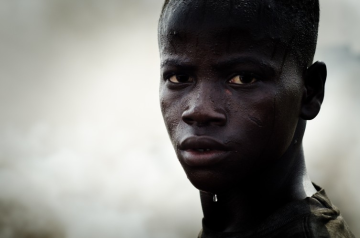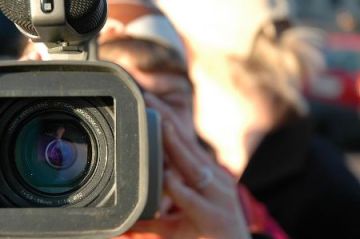If done right, storytelling is public education that has the power to change societies. – Jordan Bryon
I recently read an article posted on one of my favorite websites, good.is. It talked about the ethics of telling other people’s stories. The original storytellers can possibly benefit from the spread of their message, but can benefit more from some spare change.
Here is my question for all of you: As journalists, public relations practitioners, advertisers, and human beings, is it okay to profit off of other people’s stories? Should they reap some of the monetary benefits, or is it enough for their story to be told to others?
Let’s get one thing straight – I am all for visiting other countries and writing about your experiences with the people and the food and the culture. I did just that when I lived in Accra, Ghana, for six weeks during the summer of 2011, and the amount I learned was life-changing. I worked for a human advocacy newspaper there, the Public Agenda, and published a bi-weekly column on being a foreigner. From time-to-time I was even asked to help the reporters follow up on press conferences and news releases, which led to some interesting phone conversations and some exhilarating adventuares on their public transit system, known as tro-tros.
My thirst for learning was insatiable; the extent of what I would do to experience the deepest crevices of their culture was unimaginable.
But the entire time, I, along with the 13 other students I was traveling with, faced a conscious battle between documenting our experiences for our peers and the world around us to learn from, and respecting the privacy and the lives of the people we were writing about and photographing. We were asked countless times to put our cameras away; they were concerned we would not tell their full story.
What we took away from the experience is eerily similar to the quote by Jordan Bryon that I placed at the beginning of this post. When we sat down to talk to the people we were writing about and photographing, we found they had so much more to say than what we thought we could just observe. They told us about their friends and their families, and expressed their desire for the world to understand their situation and to empathize with – not look down upon – them and their stories.
Journalists, public relations practitioners, advertisers and human beings: Always remember to do just that. Be hungry for knowledge and let that hunger drive you to explore the world, yes, but do so with care; do so with an open mind and an open heart.

Photo by Michael Ciaglo.

